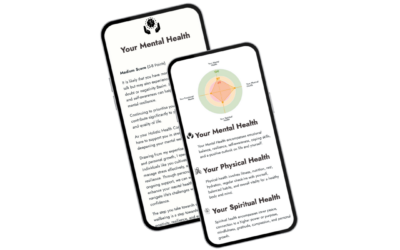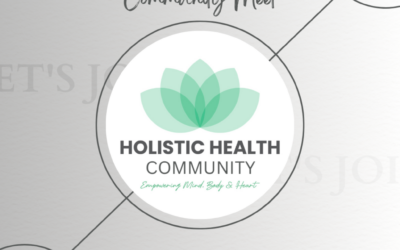LET’S TAKE ACTION NOW
Did you know, in the past year, 74% of people have felt so stressed they have been overwhelmed or unable to cope. This study was undertaken by YouGov and had a sample size of 4,619 respondents. While stress might seem like it’s a normal part of office culture, it shouldn’t ever be excused or ignored.
When someone is suffering from stress and anxiety at work, it can affect the employee and organisation in many ways. In high-stress workplaces, absenteeism and presenteeism increase, productivity and quality of work decrease, and it often leads to overall poor workforce morale. Employees experience a lower quality of life, miss out on goal achievement, and lose confidence. Simply put, when we’re stressed, we become the worst version of ourselves.
Now is the time for action on workplace stress. But where do you begin? If you need help making the case to prioritise mental health within the workplace, check out these four tips:
Raising awareness of mental health and wellbeing
In many workplaces mental health is the elephant in the room. Too often, employees are scared to talk to their manager and problems can spiral. Employers need to raise awareness and promote discussions of mental health and wellbeing to proactively challenge this harmful culture by embedding mental health in induction and training, ensuring staff are given information on how mental health is managed and what support is available or by inviting a speaker on mental health to an event as part of activities for diversity, disability or mental health awareness.
Involving staff in dialogue and decision-making
Employee engagement and wellbeing are dependent on each other. Try to be as open as possible about strategic vision and direction and try to involve all staff in decision-making by improving or planning ‘away days’ with the team, providing staff surveys groups on topics related to wellbeing, planning focus groups for discussions on these topics or planning regular group problem-solving meetings or innovation events. When staff feel involved and well informed about what’s happening in the organisation, it increases motivation and helps people understand how their role fits into the bigger picture.
A culture of openness
Speak regularly with team members to check how they’re doing and to reflect on what might be causing them stress. You can do this at a team level by adding a standing item to team meetings where people talk about wellbeing and stress as a group. Doing so, it can promote open dialogue and embed positive attitudes and behaviours, help to normalise conversations about mental health and help staff to think more about their own and colleagues’ mental health and what factors can affect this. Where communication is clear and open, staff will be able to access all the information they need to do their job while avoiding overload.
Positive working relationships and social activities
If you want to take positive action to make the workplace a mutually supportive environment where good work relationships thrive: encourage and support a culture of teamwork, collaboration and information-sharing, promote positive behaviours to avoid conflict to ensure fairness and encourage exercise and regular social events to boost staff health, team work and mental wellbeing.
In an ideal world, we’d all be ‘wellbeing’s’. Unfortunately, the pressures of work and life mean we’re not always able to achieve it – chances are, at some point we’ll be one of the 74% who feel overwhelmed and unable to cope. Feeling a bit stressed from time-to-time is considered a normal part of life when it is occasional and temporary. If you’re finding that you’re feeling stressed because of a particular problem at work, ask for help, take short breaks or develop end of day habits.
The right health and wellbeing strategy has the power to help you lower absence rates, increase productivity and improve employee engagement by showing you put your employee’s needs first. If you’re looking to improve your current wellbeing programme or start a new one, message me at www,holisticandhealth.com or info@holisticandhealth.com for more information.
(source: YouGov)






